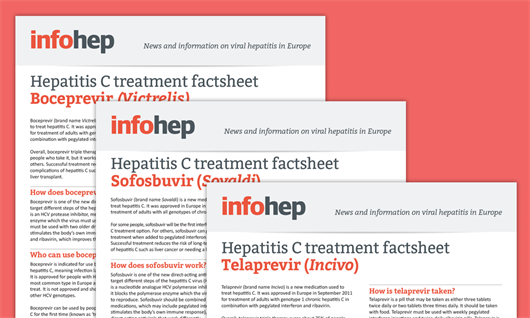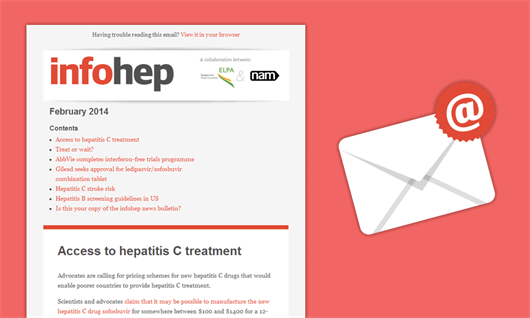Two recently published studies highlight the extent to which untreated hepatitis C infection will lead to substantial costs for health systems as a result of untreated liver disease.
A study of hepatitis C treatment uptake in England found that only 3% of people with chronic hepatitis C infection are treated each year. An estimated 160,000 people have hepatitis C. Doubling the uptake of new direct-acting antivirals to treat everyone with hepatitis C would cost £1.4 billion over the next 30 years. Continuing to treat the same number of people each year without any increase in treatment coverage would lead to healthcare costs of £4.6 billion over the next 30 years as people progress to end-stage liver disease.
In the United States, a study of healthcare utilisation by people living with hepatitis found that over the ten-year period from 2001 to 2010, liver-related health problems in people with hepatitis C cost $7.5 billion to treat.
A recent analysis of healthcare costs versus hepatitis C treatment costs in the United States suggests that hepatitis C treatment numbers will peak in 2016 at around 80,000 a year, but that treatment costs will fall rapidly after 2017 as the backlog of untreated patients begins to decline.





Connect with infohep on Facebook: Keep up to date with all the latest news and developments.
Follow infohep on Twitter for links to news stories and updates from infohep.org. Follow us at www.twitter.com/infohep.
Follow all the infohep news by subscribing to our RSS feeds.